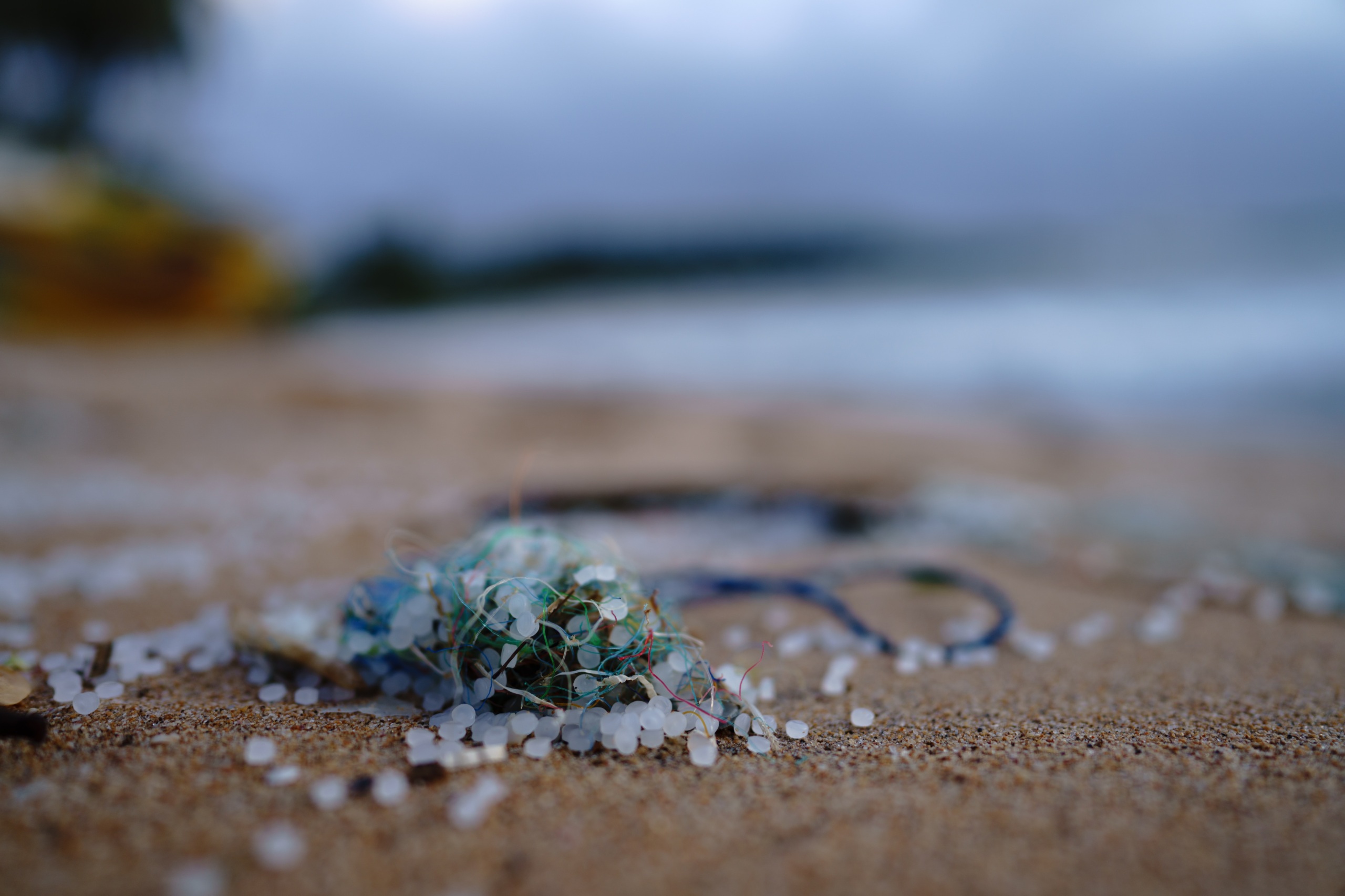
Tell your U.S. senators: Support the Plastic Pellet Free Waters Act
Tell your U.S. senators to support the Plastic Pellet Free Waters Act to prohibit the discharge of plastic pellets into our rivers, lakes and oceans.
Recent spill highlights need to end plastic pellet pollution
Plastic pellets are still polluting the environment around Hyattsville, Maryland following a train derailment. No one was injured in the CSX crash, but the spill could prove deadly for local wildlife. The train derailed near the Anacostia River, a once highly polluted waterway that is now home to bald eagles, great blue herons, turtles and even beavers.
Plastic pellets, also called nurdles, aren’t just harmful in their original form. They’re also the building blocks for single-use plastic products that commonly pollute our environment, including plastic cups, bags and packaging. Scientists have found plastic in hundreds of species, including bald eagles and sea turtles. The September spill adds to this growing problem.
Because the pellets are small, cheap and easily contaminated, they are often dumped into waterways by the companies that produce them or spill during production or transport, as in the Maryland crash. Today, there are often no penalties for companies who dump these plastic bits into waterways.
The Plastic Pellet Free Waters Act would fix this by prohibiting the discharge of plastic pellets into our waters. Sens. Durbin (IL), Merkley (OR) and Cardin (MD) introduced the legislation to stop the plastic pollution they’re seeing in the Pacific, the Great Lakes and the Chesapeake Bay — where the plastic pellets from the recent crash could ultimately end up. Rep. Levin of California plans to introduce companion legislation.
Congress should adopt this bill to ensure all our waterways are free from plastic pellet pollution.
Tell your U.S. senators to support the Plastic Pellet Free Waters Act to prohibit the discharge of plastic pellets into our rivers, lakes and oceans.
Take Action
Executive Director, Washington Legislative Office, Environment America; Vice President and D.C. Director, The Public Interest Network
State Director, Maryland PIRG; Director, Stop Toxic PFAS Campaign, PIRG
